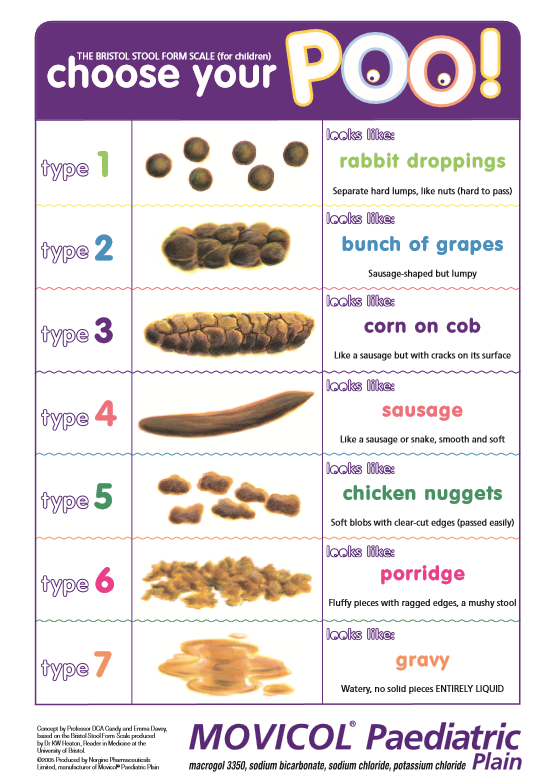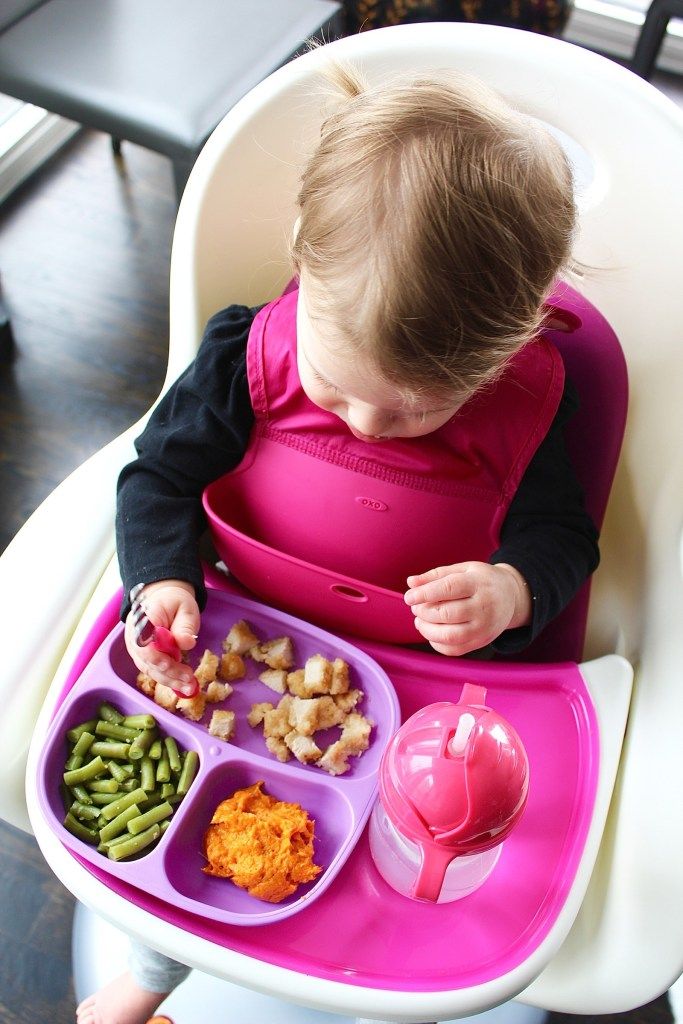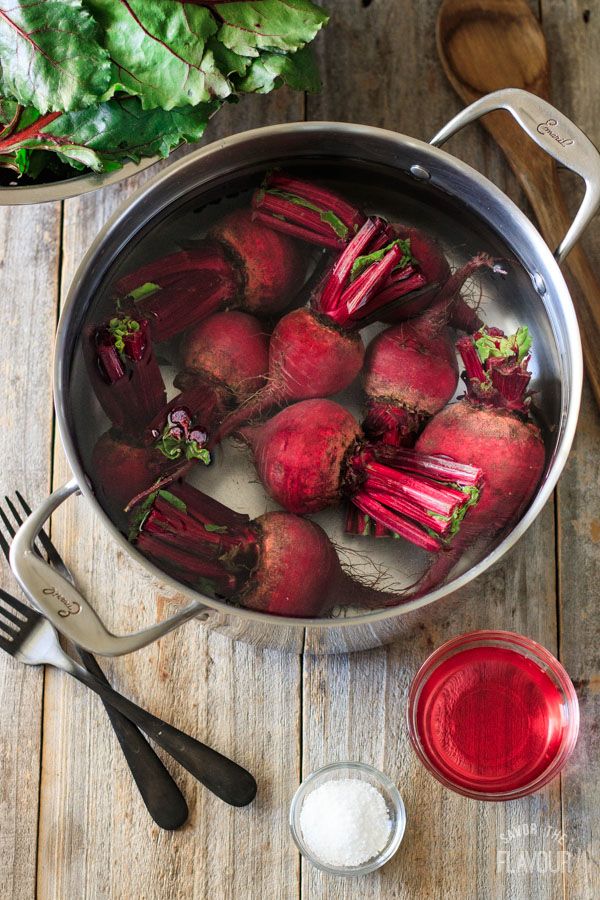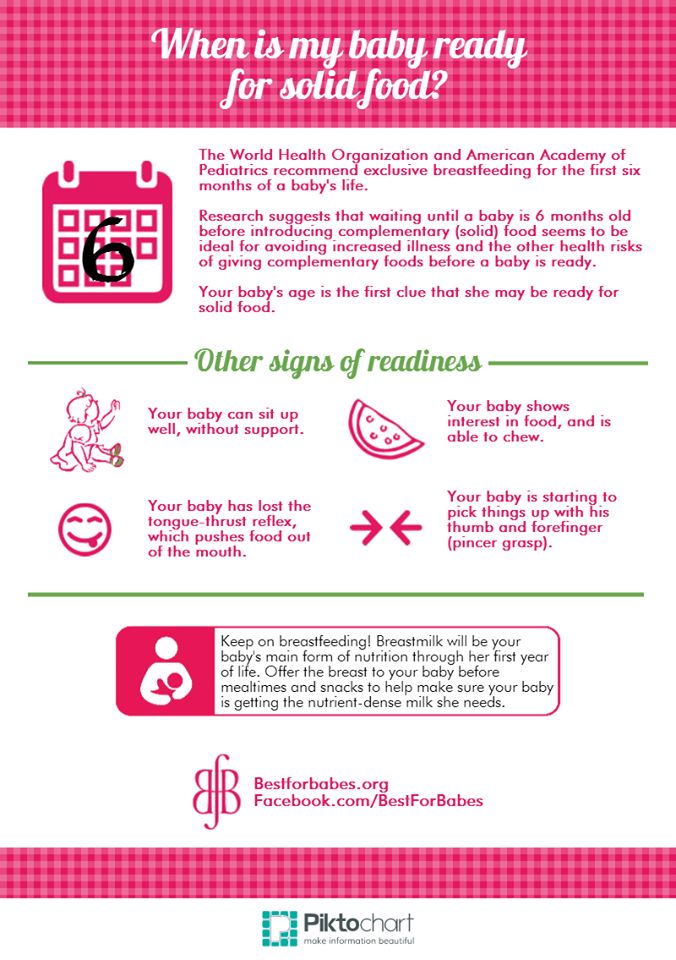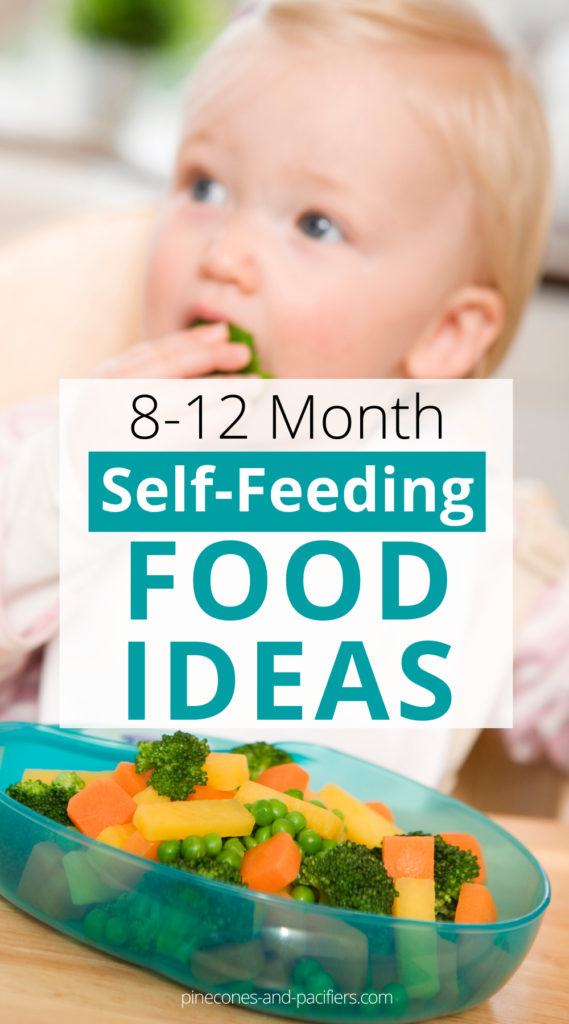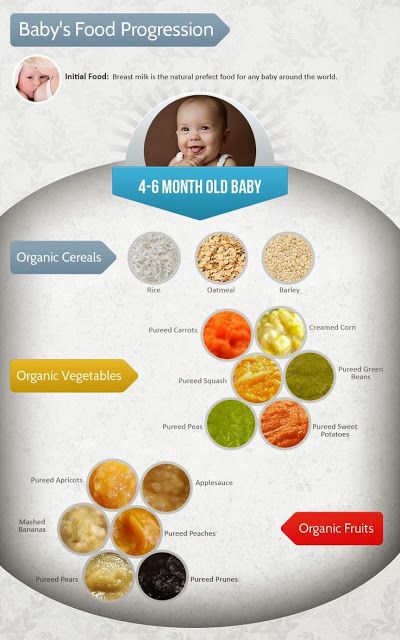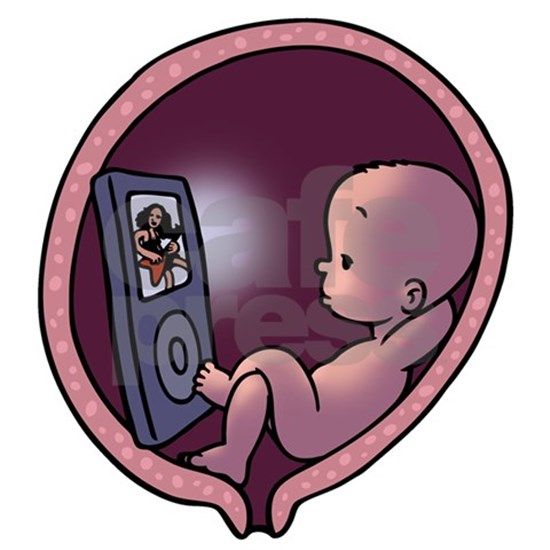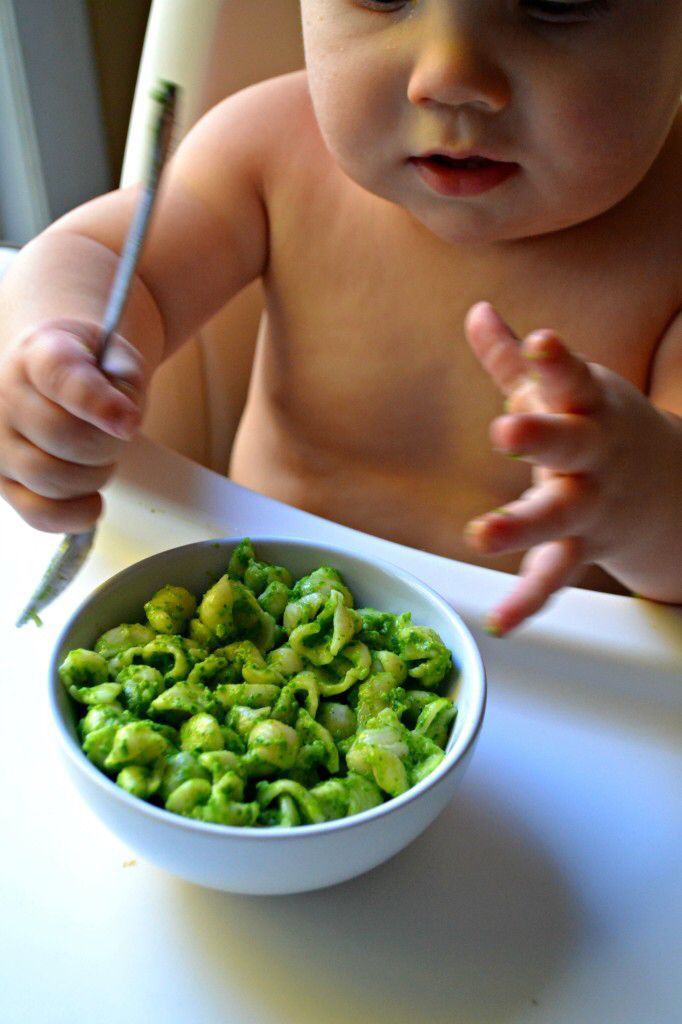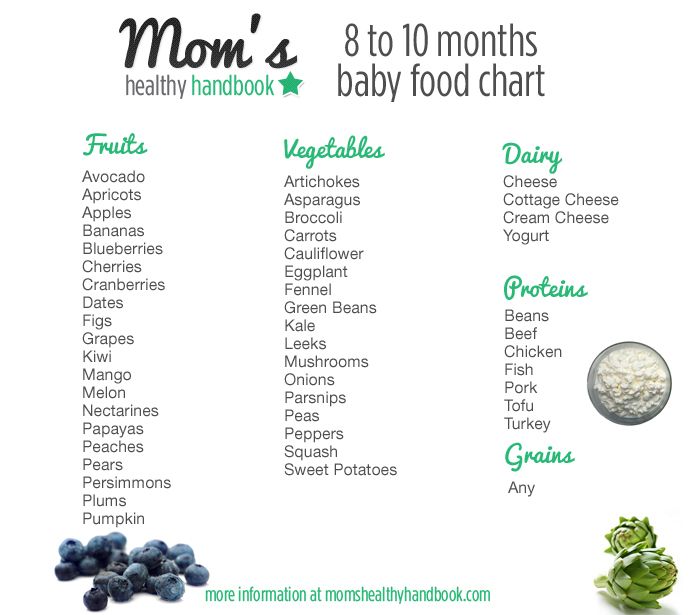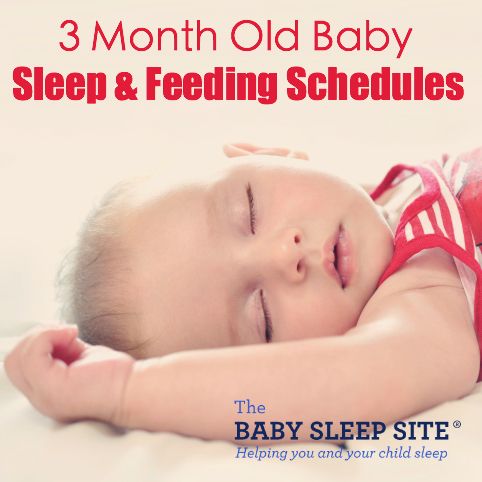New born baby mother food
Nutrition Tips for New Mothers | Eating Right for Two
Good nutrition is important for everyone, and it’s especially important for new moms who are recovering from pregnancy, labor and delivery and are working hard to keep her family healthy and happy. Here are some tips all new moms can use to make sure they get proper nutrition.
- Don’t diet. Stay away from fad diets and calorie counting, and focus more on getting enough of the good stuff and limiting the junk. You need to get plenty of calories, but most of those calories should come from whole foods. Stock up on healthy foods. If your cabinets and refrigerator are full of healthy foods, you’ll be more likely to eat the way you should be eating. Focus on nutrient-rich foods, such as:
- whole grains
- lean meats and proteins
- fresh fruits and vegetables (the darker the color, the more nutrients it likely has)
- low-fat dairy (unless your doctor recommends full-fat dairy for you)
- nuts and beans and other legumes
- Watch your portions.
- Choose healthy snacks, such as whole, fresh fruit, nuts, fresh vegetables, cottage cheese and whole grain crackers.
- Plan head and cook in bulk to save yourself time. This can help you avoid convenience foods.
- Go to the grocery store with a list of healthy choices and stick to it. And don’t shop when you’re hungry if you can avoid it.
- Read labels, and avoid processed foods with more than five easily identifiable ingredients.
- Drink plenty of water.
Breastfeeding mothers or women who are pumping breast milk frequently ask if there are special dietary considerations during this time. In most cases, the answer is no. Nutrition for breastfeeding mothers should consist of a well-balanced diet and enough liquids. Although shedding those extra pounds gained during pregnancy may be one of your concerns, strict weight-loss programs are not recommended, especially during the first few months of breastfeeding.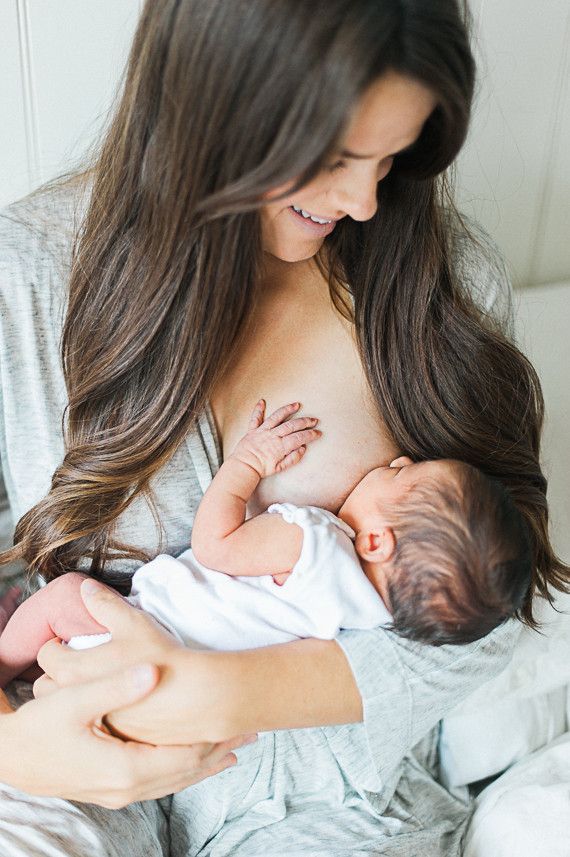
There are no special diets a breastfeeding mother must eat, but the following suggestions may help you focus on your eating patterns while breastfeeding:
Get adequate fluids
Drink enough liquids. Most mothers do notice they are thirstier when breastfeeding. Drink plenty of liquids, such as juice, water and milk, to quench your thirst. Liquids can be in any form, but limit your intake of any that contain caffeine. It is not necessary to force fluids beyond your thirst, but it is a good idea to drink something whenever you feel thirsty. Grab something to drink while breastfeeding, or keep a glass of liquid near your favorite breastfeeding spot.
Choose a variety of foods, and take in enough calories
Your own appetite is usually the best guide for how much you should eat. In general, mothers are hungrier during the first several months of breastfeeding, and you should not ignore feelings of hunger when producing milk for your baby. Grab a one-handed snack to eat while breastfeeding, or keep wrapped snacks near your favorite breastfeeding spot.
Grab a one-handed snack to eat while breastfeeding, or keep wrapped snacks near your favorite breastfeeding spot.
Eat a variety of foods to get the calories, vitamins and minerals you need to remain healthy. Experts recommend that you eat at least 2,000 calories per day while breastfeeding, with your optimal caloric intake being 500 calories above what was recommended for you before you became pregnant (for total calories between 2,300 and 2,700). For reference, a peanut butter sandwich and a glass of milk contains about 500 calories.
Foods from the following food categories offer the most nutritional value:
- meats
- beans
- vegetables (especially leafy green vegetables)
- fruits or 100 percent fruit juice (not fruit drinks)
- breads, cereals and grains
- milk, cheese and eggs
Other nutrition considerations for breastfeeding mothers
12 Foods for New Moms
Written by Hilary Parker
In this Article
- Salmon
- Low-Fat Dairy Products
- Lean Beef
- Legumes
- Blueberries
- Brown Rice
- Oranges
- Eggs
- Whole-Wheat Bread
- Leafy Greens
- Whole-Grain Cereal
- Water
Losing those pregnancy pounds might be at the front of your mind. But there’s something that's even more important for your body after your baby arrives: eating foods that give you the energy to be the best mom you can be.
But there’s something that's even more important for your body after your baby arrives: eating foods that give you the energy to be the best mom you can be.
Routinely eating healthy foods throughout the day will maximize the little energy you probably have as a new mom. If you’re nursing, the quality of your breast milk stays pretty much the same no matter what you choose to eat. But there's a catch: When you aren't getting the needed nutrients from your diet, your body will provide them from your own stores. So make sure you get all the nutrients you and your baby need. It will benefit both of you.
Try to make these healthy foods a regular part of your diet.
Salmon
There's no such thing as a perfect food. But salmon is pretty close to it when it comes to a nutritional powerhouse for new moms. Salmon, like other fatty fish, is loaded with a type of fat called DHA. DHA is crucial to the development of your baby's nervous system. All breast milk contains DHA, but levels of it are higher in the milk of women who get more DHA from their diets.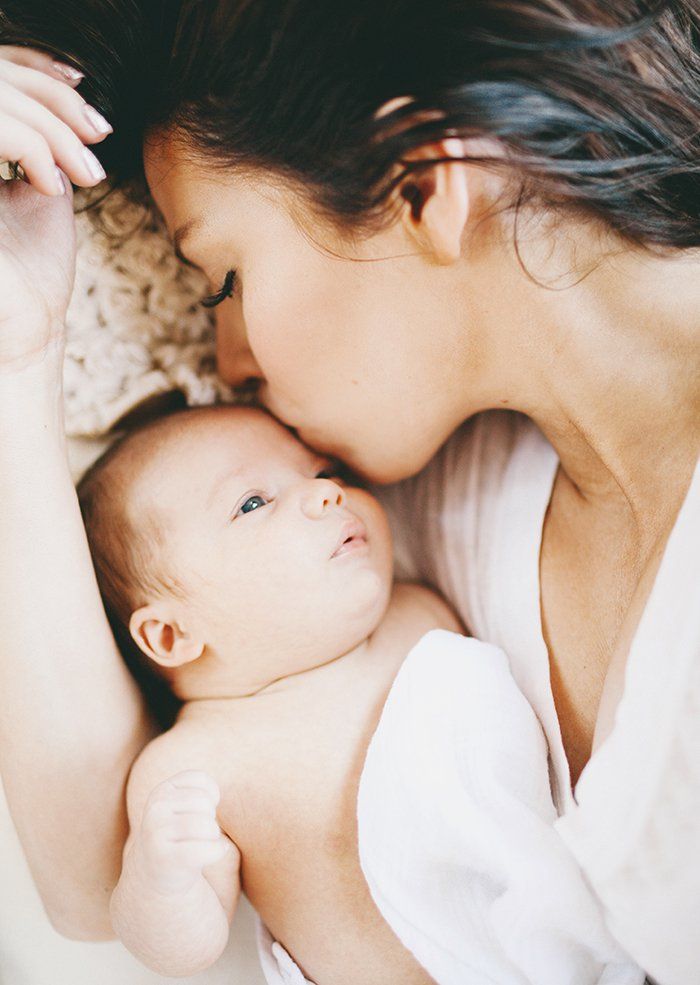
The DHA in salmon may also help your mood. Studies suggest it may play a role in preventing postpartum depression.
One caution: The FDA recommends that breastfeeding women, women who are pregnant, and women who might get pregnant limit how much salmon they eat. The guidelines recommend an average of 12 ounces, or the equivalent of two main servings, per week. The reason is to limit the amount of mercury your new child is exposed to.
The mercury level in salmon is considered low. Some other fish, such as swordfish or mackerel, have a high amount of mercury and should be avoided altogether. The 12 ounces are an average. Eating more in 1 week -- such as having three servings instead of two -- won't hurt as long as you eat less the following week.
Low-Fat Dairy Products
Whether you prefer yogurt, milk, or cheese, dairy products are an important part of healthy breastfeeding. Milk delivers a boost of bone-strengthening vitamin D. In addition to providing protein and B vitamins, dairy products are one of the best sources of calcium. If you're breastfeeding, your milk is loaded with calcium to help your baby's bones develop, so it's important for you to eat enough calcium to meet your own needs. Try including at least three cups of dairy each day in your diet.
If you're breastfeeding, your milk is loaded with calcium to help your baby's bones develop, so it's important for you to eat enough calcium to meet your own needs. Try including at least three cups of dairy each day in your diet.
Lean Beef
Boost your energy as a new mom with iron-rich foods like lean beef. A lack of iron can drain your energy levels, making it hard for you to keep up with the demands of a newborn baby.
Nursing moms need to eat extra protein and vitamin B-12. Lean beef is an excellent source for both.
Legumes
Iron-rich beans, particularly dark-colored ones like black beans and kidney beans, are a great breastfeeding food, especially for vegetarians. They’re a budget-friendly source of high quality, non-animal protein.
Blueberries
Breastfeeding moms should be sure to get two or more servings of fruit or juice each day. Blueberries are an excellent choice to help you meet your needs. These satisfying and yummy berries are filled with good-for-you vitamins and minerals, and they give you a healthy dose of carbohydrates to keep your energy levels high.
Brown Rice
You might be tempted to cut back on carbs to help lose the baby weight. Don’t. Losing weight too quickly may cause you to make less milk and leave you feeling sluggish. Mix healthy, whole-grain carbs like brown rice into your diet to keep your energy levels up. Foods like brown rice provide your body the calories it needs to make the best-quality milk for your baby.
Oranges
Portable and nutritious, oranges are a great food to boost energy. Oranges and other citrus fruits are excellent breastfeeding foods, since nursing moms need more vitamin C than pregnant women. Can't find time to sit down for a snack? Sip on some orange juice as you go about your day -- you'll get the vitamin C benefit, and you can opt for calcium-fortified varieties to get even more out of your drink.
Eggs
Eggs are a versatile way to meet your daily protein needs. Scramble a couple of eggs for breakfast, toss a hard-boiled egg or two on your lunchtime salad, or have an omelet and salad for dinner.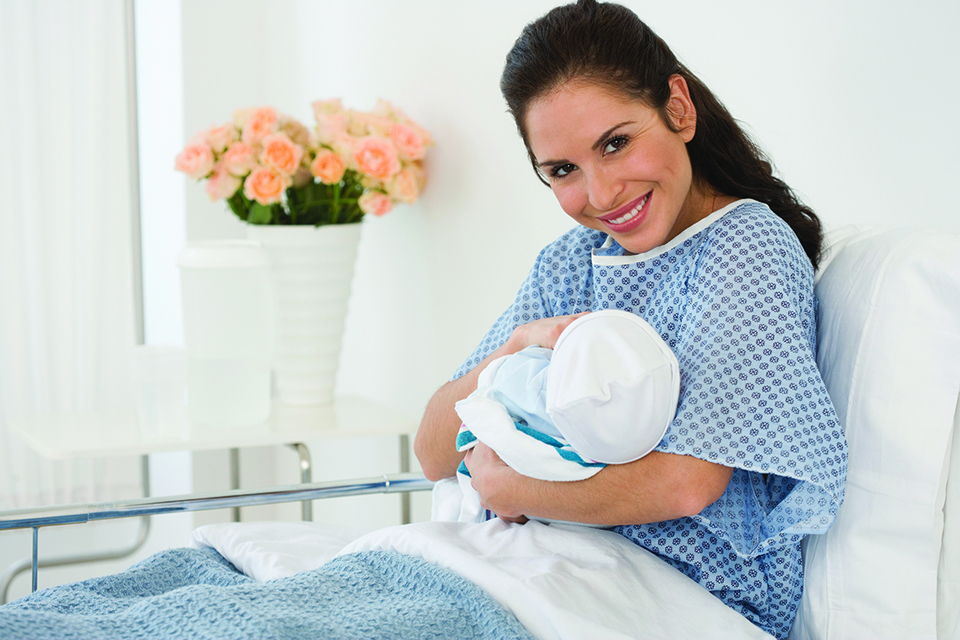 Opt for DHA-fortified eggs to boost the level of this essential fatty acid in your milk.
Opt for DHA-fortified eggs to boost the level of this essential fatty acid in your milk.
Whole-Wheat Bread
Folic acid is crucial to your baby's development in the early stages of pregnancy. But its importance doesn't end there. Folic acid is an important nutrient in your breast milk that your baby needs for good health, and it's crucial you eat enough for your own well-being, too. Enriched whole-grain breads and pastas are fortified with it, and also give you a healthy dose of fiber and iron.
Leafy Greens
Leafy green veggies like spinach, Swiss chard, and broccoli are filled with vitamin A, which is good for you and your baby. The benefits don’t stop there. They're a good non-dairy source of calcium and contain vitamin C and iron. Green veggies are also filled with heart-healthy antioxidants and are low in calories.
Whole-Grain Cereal
After yet another sleepless night, one of the best foods to boost energy for new moms in the morning is a healthy breakfast of whole-grain cereal. Many cold cereals are fortified with essential vitamins and nutrients to help you meet your daily needs. Whip up a healthy, hot breakfast by stirring blueberries and skim milk into a delicious serving of oatmeal.
Many cold cereals are fortified with essential vitamins and nutrients to help you meet your daily needs. Whip up a healthy, hot breakfast by stirring blueberries and skim milk into a delicious serving of oatmeal.
Water
Breastfeeding moms are especially at risk for energy-draining dehydration. To keep your energy levels and milk production up, make sure you stay well-hydrated. You can vary your options and meet some of your fluid requirements by drinking juice and milk. But be careful when it comes to caffeinated drinks like coffee or tea. Have no more than 2-3 cups a day, or switch to decaf. Caffeine enters your breast milk and can cause your baby to become irritable and sleep poorly.
What to eat while breastfeeding | Breastfeeding Diet
You know that breast milk is the best food for your baby. What about your own nutrition while breastfeeding? We asked the nutritionist a few questions about the nutrition of a nursing mother.
Share this information
Priya Tew, UK-based registered dietitian :
Priya is a nutritionist, M.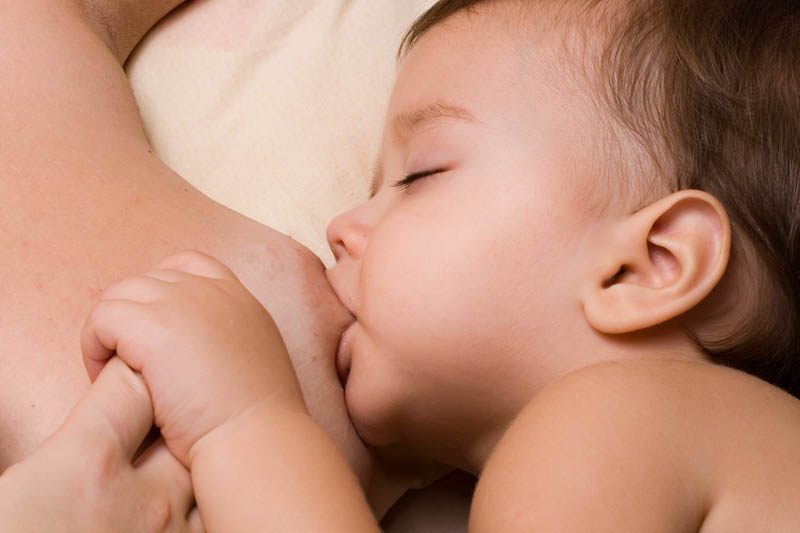 D., multi-award winning member of the British Dietetic Association and the Health Professions Council. She has three children, and she breastfed each of them for up to 18 months.
D., multi-award winning member of the British Dietetic Association and the Health Professions Council. She has three children, and she breastfed each of them for up to 18 months.
During breastfeeding, there is no need to follow a special diet, the main thing is that your diet is balanced. It should include plenty of fruits and vegetables, whole grains such as oats, brown rice, various cereals, and breads labeled "whole grain", "wholemeal" or "wholemeal". These foods, along with potatoes, pasta, and couscous, are high in starch, an important source of energy.
In addition, you need lean proteins found in chicken, eggs, legumes, lentils, fish, and lean beef, as well as healthy fats found in olive oil, nuts, seeds, avocados, and fatty fish such as salmon and mackerel. Oily fish is very good for your health and development of your baby, but you should not eat more than two servings per week (about 140 g), as it may contain harmful impurities. 1
Should I take vitamins while breastfeeding?
The most important is vitamin D. It is essential for healthy bones, you and your baby. We get most of this vitamin from the sun. If you live in a region with insufficient solar activity, especially in winter, your body may lack it. In this case, the doctor may advise taking vitamin D supplements. 2
It is essential for healthy bones, you and your baby. We get most of this vitamin from the sun. If you live in a region with insufficient solar activity, especially in winter, your body may lack it. In this case, the doctor may advise taking vitamin D supplements. 2
You also need to get enough calcium, as it is excreted from the body during breastfeeding. 3 Try to eat four servings of foods rich in this mineral a day. These can be dairy products such as milk, yogurt, and cheese, or non-dairy products such as nuts, tofu, sesame seeds, and leafy vegetables. One serving may consist of, for example, half a cup of green vegetables or a small piece of cheese (50 g).
What foods should I avoid while breastfeeding?
The good news is that you can eat almost anything while breastfeeding. Only the consumption of oily fish should be limited. In small quantities, even caffeine is acceptable - more on this below.
If you are not allergic to peanuts, there is no reason to deny yourself products that contain peanuts. Recent studies show that if you eat peanuts while breastfeeding and gradually introduce them into your baby's diet during the first year, your baby will be less likely to become allergic to them in the future. 4
Recent studies show that if you eat peanuts while breastfeeding and gradually introduce them into your baby's diet during the first year, your baby will be less likely to become allergic to them in the future. 4
Are extra calories needed while breastfeeding?
Breastfeeding mothers need about 500 more calories a day. 5 But every mother is unique and your energy needs will change throughout your breastfeeding period. The number of calories you need depends on your baby's age, appetite, height, and weight, as well as your body mass index (BMI), your activity, and factors such as whether you are exclusively breastfeeding or not, and whether you are breastfeeding twins or multiple babies.
Can I go on a diet while breastfeeding?
Trying to lose weight while breastfeeding is not a good idea because you need to get enough nutrients for you and your baby. The fat accumulated during pregnancy is used to produce milk, so breastfeeding in itself will help you shed those extra pounds.
If your weight changes by more than 1 kg per week, check if you are eating a healthy and balanced diet and adjust if necessary. You can also ask your doctor for advice.
How can I find time to prepare healthy meals?
Having devoted yourself to feeding a child, you can forget about your own nutrition. However, it is important to ensure that your diet does not consist only of sweets and cookies. Of course, sweet snacks are easy and quick, but they do not bring any benefit to your body.
Opt for quick yet nutritious meals like scrambled eggs with spinach or fried chicken with brown rice. Oatmeal is great for breakfast, as it provides a slow release of energy from grains and soluble dietary fiber, which is what you need to restore strength in the morning after a night of breastfeeding.
Store pre-cut fruits and vegetables in the refrigerator for light snacks, or carry unsalted nuts in your bag. It's much easier than peeling tangerines with one hand while holding a baby with the other.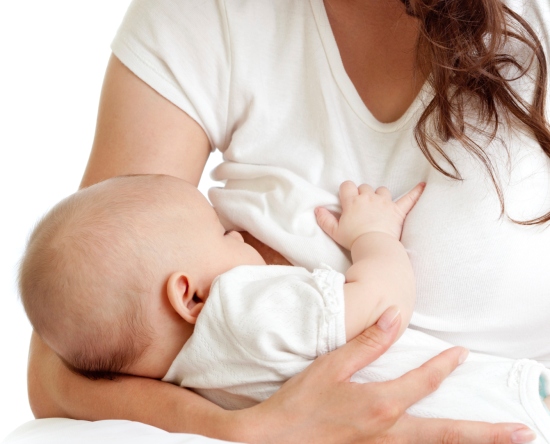
Should I drink more water while breastfeeding?
Breastfeeding can make you thirsty, so it's important to drink enough water. A person needs six to eight glasses of fluid a day, and even more if breastfeeding. 6 Make it a habit to drink a glass of water, milk or fruit juice without sugar every time you feed your baby.
I love coffee. Do I need to quit caffeine?
Coffee, like everything you eat or drink, passes into your breast milk, so it is advisable to limit your intake while breastfeeding. Legal coffee limits vary by country, but the average recommendation is not to exceed 200-300 mg of caffeine per day (300 mg is equivalent to two cups of filtered coffee or four cups of tea). Talk to your doctor about the acceptable amount of coffee consumption for you. Also, don't forget that caffeine is found in cola and energy drinks, and a small bar of dark chocolate can contain up to 50 mg. 7
If I eat a varied diet, will my baby be less picky?
Breast milk has the flavor of everything you eat.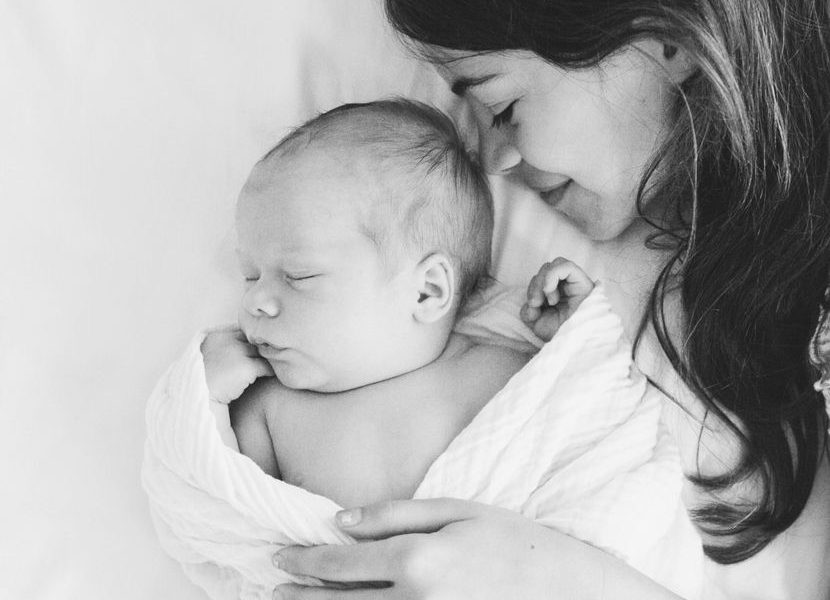 8 Therefore, if you eat a variety of foods during breastfeeding, giving your baby different tastes to try, he may like them in the future.
8 Therefore, if you eat a variety of foods during breastfeeding, giving your baby different tastes to try, he may like them in the future.
If you like spicy and spicy foods, there is no reason to refuse them while breastfeeding. When my first child was born, I ate a lot of spicy food. When my daughter was two years old, we went to Sri Lanka, coincidence or not, but she ate absolutely everything.
Can something in my diet not be suitable for a child?
At an early age, babies often suffer from colic or are picky eaters, so mothers naturally wonder if their diet is causing this. Probably not. Studies show that the proportion of children who are allergic to any component of breast milk is only slightly more than 1%. 9 Cow's milk, eggs, corn, and soy proteins in moms' diets are much more likely to cause allergic reactions than spicy foods, hot sauces, or cruciferous vegetables, which moms usually worry about.
If your baby is allergic to substances in your milk, it can cause profuse vomiting, rash, bloody stools, or prolonged constipation. If your baby has an intolerance to any food, you will notice symptoms such as moodiness and crying after feeding, burping, diarrhea, or the baby will press his knees to his chest. Contact your doctor if something is bothering you. He may suggest eliminating certain foods for a couple of weeks, and then see if the child's behavior changes after eating them again.
If your baby has an intolerance to any food, you will notice symptoms such as moodiness and crying after feeding, burping, diarrhea, or the baby will press his knees to his chest. Contact your doctor if something is bothering you. He may suggest eliminating certain foods for a couple of weeks, and then see if the child's behavior changes after eating them again.
You can also keep a food diary: write down everything you eat and drink, as well as your child's symptoms, and you may notice some patterns. However, before cutting out any foods, such as dairy, always check with your doctor, as it's important to know that you're getting the nutrients you need from other sources. Depending on where you live, you will be referred to a nutritionist or other specialist.
Does a vegetarian diet affect breast milk?
If you are getting enough calories and all the nutrients your body needs (carbohydrates, proteins, fats, vitamins and minerals), then you have nothing to worry about.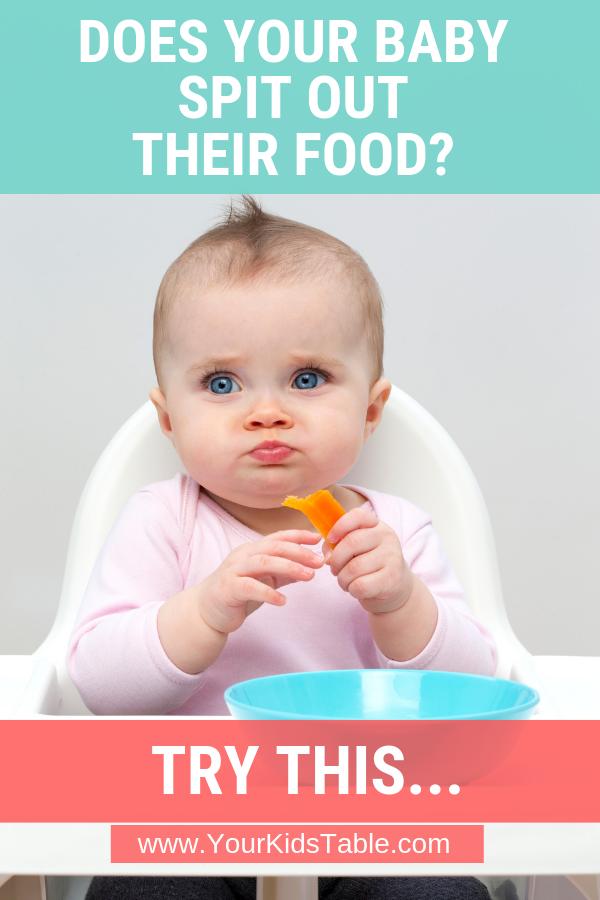 A vegetarian or vegan diet requires plenty of vitamin B12, vitamin D, calcium, and omega-3 fatty acids while breastfeeding, so opt for foods and supplements that provide you with these essential nutrients.
A vegetarian or vegan diet requires plenty of vitamin B12, vitamin D, calcium, and omega-3 fatty acids while breastfeeding, so opt for foods and supplements that provide you with these essential nutrients.
If you are on a vegetarian, vegan, macrobiotic, or other special diet, you may need additional medical advice to make sure you are getting all the nutrients your baby needs.
Literature
1 National Health Service (NHS) [Internet]. Burnley, UK: Department of Health; 2018. Should pregnant and breastfeeding women avoid some types of fish?; 2015 Jul 06 [cited 2018 Apr 12]; Available from: https://www.nhs.uk/chq/Pages/should-pregnant-and-breastfeeding-women-avoid-some-types-of-fish.aspx - National Health Service (NHS) [Internet]. Burnley, UK: Department of Health; 2018. "Should a pregnant and lactating woman refrain from eating certain types of fish?"; July 6, 2015 [cited April 12, 2018]; See article on site https://www.nhs.uk/chq/Pages/should-pregnant-and-breastfeeding-women-avoid-some-types-of-fish.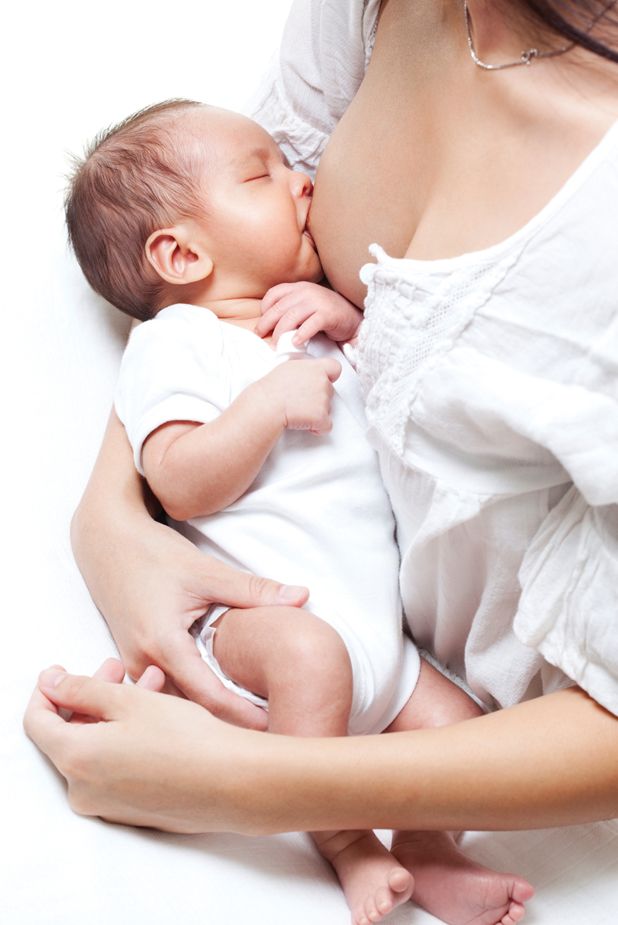 aspx
aspx
2 Oberhelman SS et al. Maternal vitamin D supplementation to improve the vitamin D status of breast-fed infants: a randomized controlled trial. Mayo Clin Proc. 2013;88(12):1378–1387. - Oberhelman S.S. et al., Introduction of Vitamin D to the Diet of Nursing Mothers to Increase Vitamin D in children: a randomized controlled trial. Mayo Klin Prok. 2013;88(12):1378–1387. : effects on the mother and the fetus. Am J Obstet Gynecol. 2006;194(4):937-945. - Thomas M., Weisman S. M., "Calcium supplementation during pregnancy and lactation: effects on the mother and on the fetus". Am J Obstet Ginekol (American Journal of Obstetrics and Gynecology). 2006;194(4):937-945.
4 Pitt et al Reduced risk of peanut sensitization following exposure through breast-feeding and early peanut introduction.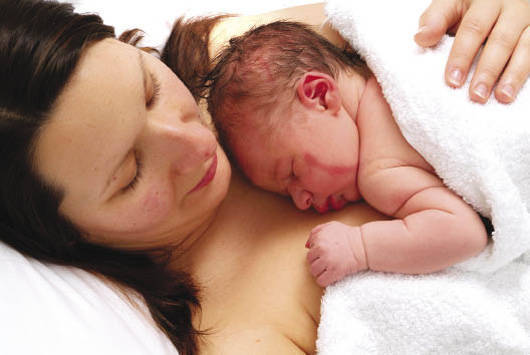 J Allergy Clinic Immunol. 2018;141(2):620-625. e 1 - Pitt et al., "Reducing the Risk of Peanut Allergy by Introducing Peanuts into the Breastfeeding Mother's Diet and as a Baby's First Food." G Allergy Clean Immunol. 2018;141(2):620-625.e1
J Allergy Clinic Immunol. 2018;141(2):620-625. e 1 - Pitt et al., "Reducing the Risk of Peanut Allergy by Introducing Peanuts into the Breastfeeding Mother's Diet and as a Baby's First Food." G Allergy Clean Immunol. 2018;141(2):620-625.e1
5 Dewey KG. Energy and protein requirements during lactation. Annu Rev Nutr. 1997 Jul;17(1):19-36. - Dewey K. J., "Energy and Protein Requirements During Lactation". Anna Rev Nutr . 1997 Jul;17(1):19-36.
6 Food Standards Agency (FSA) [Internet]. London, UK: Crown copyright 2002. Eating for breastfeeding; [cited 2018 Apr 13]; Available from: https://www.food.gov.uk - Food Standards Agency (FSA) [Internet]. London, UK: State Copyright 2002. "Eat to feed" [cited April 13, 2018]. See article on https://www.food.gov.uk
7 National Health Service (NHS) [Internet].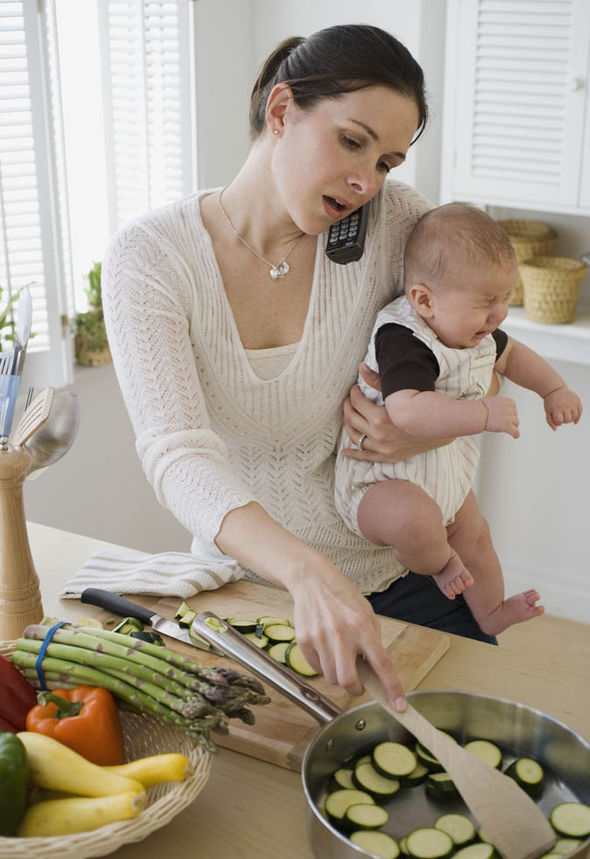 Burnley, UK: Department of Health; 2018. Breastfeeding and diet; 2016 Jan 29 [cited 2018 Apr 12]; Available from: https://www.nhs.uk/conditions/pregnancy-and-baby/breastfeeding-diet - National Health Service (NHS) [Internet]. Burnley, UK: Department of Health 2018. Breastfeeding and Diet; 29 January 2016 [cited 12 April 2018] See article at https://www.nhs.uk/conditions/pregnancy -and-baby/breastfeeding-diet
Burnley, UK: Department of Health; 2018. Breastfeeding and diet; 2016 Jan 29 [cited 2018 Apr 12]; Available from: https://www.nhs.uk/conditions/pregnancy-and-baby/breastfeeding-diet - National Health Service (NHS) [Internet]. Burnley, UK: Department of Health 2018. Breastfeeding and Diet; 29 January 2016 [cited 12 April 2018] See article at https://www.nhs.uk/conditions/pregnancy -and-baby/breastfeeding-diet
8 Mennella JA et al. A. et al., Prenatal and postnatal recognition of odors in children. Pediatrix (Pediatrics). 2001;107(6):e88.
9 Academy of Breastfeeding Medicine. ABM clinical protocol# 24: allergic proctocolitis in the exclusively breastfed infant. Breastfeed Med . 2011;6(6). - Academy of Breastfeeding Medicine. "AVM Clinical Protocol #24: Allergic Proctocolitis in an Exclusively Breastfed Child". Brestfeed Med (Breastfeeding Medicine). 2011;6(6).
Breastfeeding Diet
A woman's life changes when she has a baby. All other problems fade into the background. The main goal is to take care of the baby. In order for a child to grow up strong and healthy, he needs good nutrition. Breastfeeding allows the baby to receive a vital complex of vitamins and nutrients. However, so that when breastfeeding the baby does not have additional problems in the form of colic or allergic reactions, the mother needs to follow a diet while breastfeeding.
All other problems fade into the background. The main goal is to take care of the baby. In order for a child to grow up strong and healthy, he needs good nutrition. Breastfeeding allows the baby to receive a vital complex of vitamins and nutrients. However, so that when breastfeeding the baby does not have additional problems in the form of colic or allergic reactions, the mother needs to follow a diet while breastfeeding.
Why diet is needed
Balanced diet
Is a diet really necessary when breastfeeding?
In order for the child to get enough nutrients, the mother needs to eat foods rich in vital vitamins and minerals.
Please note! The mother's diet should be based on the principles of a healthy diet.
Do not go to extremes. Knowing that she takes food not only for herself, but also for the child, many women begin to eat 2 times more. This has a detrimental effect on the health of a woman due to excessive stress. Or, in an effort to return to their usual forms after the birth of a baby, women go on a strict diet. It also adversely affects the quality of breast milk.
Or, in an effort to return to their usual forms after the birth of a baby, women go on a strict diet. It also adversely affects the quality of breast milk.
Do not think that the diet of a nursing mother implies strict restrictions in everything. The main thing is to follow a proper and balanced diet.
Expert advice
Proper nutrition for breastfeeding women
In order for the baby to get all the necessary nutrients in sufficient quantities, and the mother's body to recover quickly after childbirth, it is recommended to follow the main advice of breastfeeding experts:
- Try to keep a daily routine and eat at the same time.
- Try to eliminate processed foods, canned foods, smoked and spicy foods from your diet.
- The mother's main diet should include the following useful substances: protein, carbohydrates, fats.
- It is very useful to use greens. It stimulates the gastrointestinal tract well.

- If a mother experiences mild discomfort, dizziness, nausea while breastfeeding, she needs to drink a glass of warm compote or tea with biscuits or unsweetened pastries.
Allergy risk
Allergy risk
Many young mothers are concerned about the question: is it possible to eat foods that cause allergies while breastfeeding.
It is not recommended to eat foods that can cause allergies in the mother or child in the first months of his life. When the baby reaches the age of 4-5 months, you can gradually begin to introduce additional foods into the mother's diet.
Please note! Take them in small portions in the morning. After taking it, you should monitor the condition of the child for several days.
If there is no allergic reaction, you can continue to eat such foods.
If you notice that with the introduction of a new product in the diet, the baby's stool has changed, and a rash has appeared, postpone its use for several months.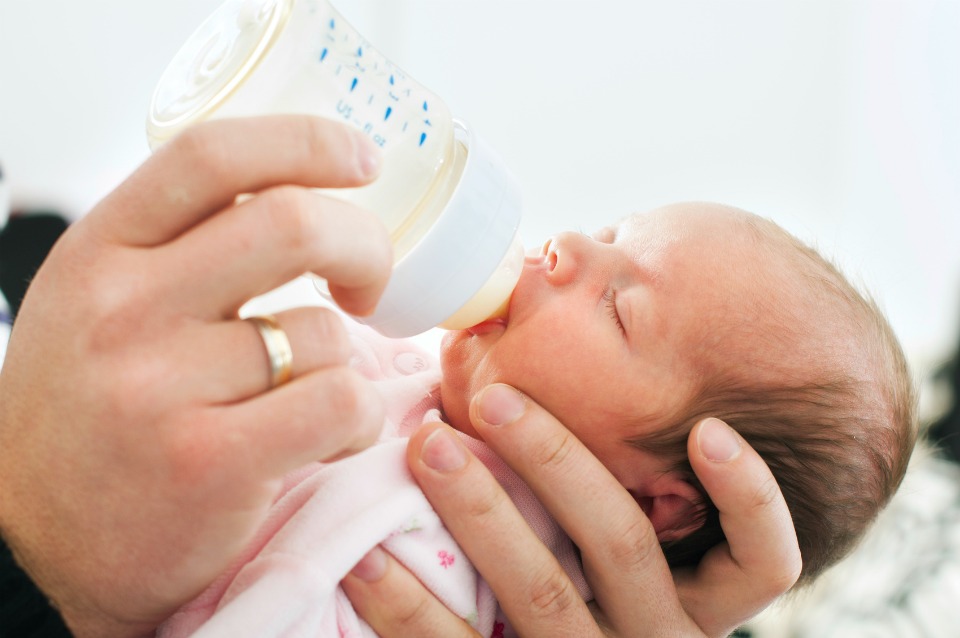
Products - allergens
Foods that can cause an allergic reaction:
- Citrus fruits
- Coffee and cocoa
- Chocolate and chocolates
- Nuts
- Eggs
- Dairy products from cow's milk
- Seafood
You can start eating them after the baby is six months old. At this age, the main allergens practically do not penetrate into the mother's milk and are safe for the baby.
It is worth remembering that if the child is prone to allergic reactions, it is necessary to continue natural breastfeeding as long as possible, and postpone the start of complementary feeding to a later date. Optimally - after 1 year.
Basic restrictions
What not to eat while breastfeeding
There are a huge number of products in the world that can cause irreparable harm to the health of not only the mother, but also the child. A nursing mother should be careful when eating.
Thus, the following foods should be completely excluded:
- Foods that cause an allergic reaction
- Soups with meat and fish broths
- Pickled products
- Sour food
- Sweet dishes
- Salty food
- Garlic
- Carbonated drinks
Apples, watermelon, melon, coffee can be consumed in limited quantities, provided that the child does not have an allergic reaction to these products.
Eliminate smoking, alcohol and drugs
For the formation of a healthy child's body, a nursing mother is strictly forbidden to consume:
- Alcohol
- Narcotic substances
Remember that smoking is also harmful to the body of both mother and child.
Recommended products
Turkey cutlets
The main food should be rich in nutrients and contain the necessary amount of useful vitamins and minerals. What should a mother eat while breastfeeding?
- Eat foods rich in protein.
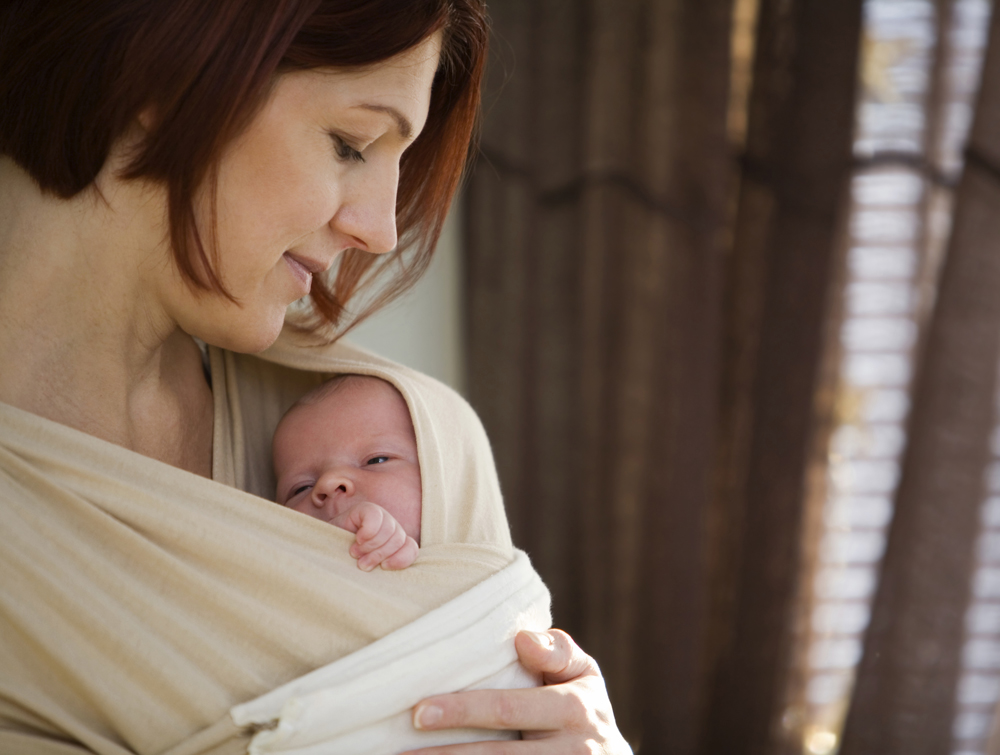 For example, fish, turkey, veal, rabbit. It is acceptable to eat lean pork.
For example, fish, turkey, veal, rabbit. It is acceptable to eat lean pork.
Dairy products
- Calcium is very useful for a child. It is found in the following products: cottage cheese, natural kefir, drinking yogurt, low-fat sour cream.
- Food rich in fats. Their body receives from olive, vegetable and butter oils.
- Fruit. They should be used with caution. You can start with apples, gradually adding other fruits to your diet. Make sure that they contain a minimum amount of acids.
- Vegetables. Limit yourself to greenery. Other types of vegetables are best consumed boiled or in the form of stews.
Bread rolls
- Flour products. It is highly recommended not to eat fresh white bread. Better buy dark bread, preferably bran. It should not be consumed fresh. Ideally, bread for the diet of a nursing mother should be yesterday's. Homemade shortbread cookies and bread are also allowed.
:strip_icc():format(jpeg)/kly-media-production/medias/3007363/original/005201600_1577505110-shutterstock_413370958.jpg)
- Sweet dishes. Give preference to natural products. They should contain a minimum amount of sugar. Allowed to use jam, marshmallow, marshmallows without chocolate, marmalade. Remember that sugary foods should be consumed in limited quantities.
Proper drinking
Drink more
Speaking about the diet of a nursing mother, one cannot but mention such an important aspect as the organization of drinking.
Please note! For the normal process of lactation of the mother, it is necessary to consume an increased amount of liquid per day.
So, to the usual 2 liters of fluid per day for a nursing mother, you need to add up to 1 liter of fluid per day. It doesn't have to be water. The following drinks can be taken:
- Unsweetened compote
- Tea
- Milk
- Natural juice
Increased fluid intake should be started gradually.

